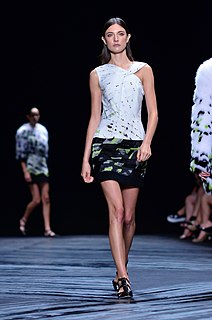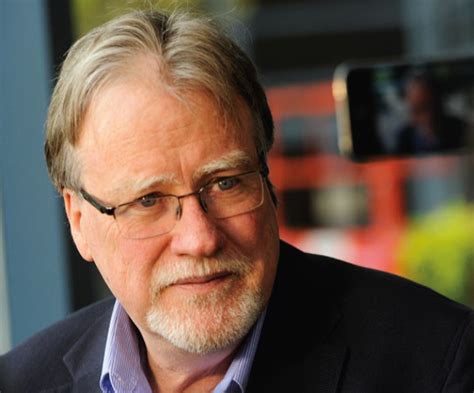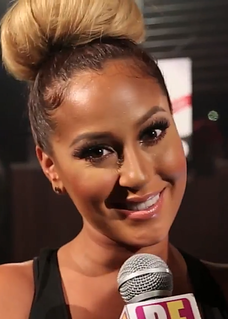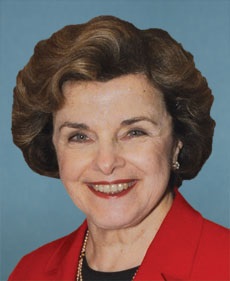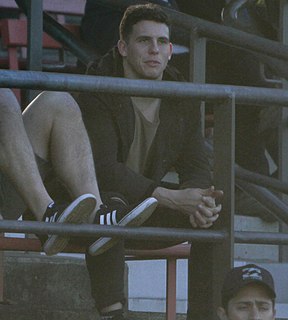A Quote by Jacquelyn Jablonski
My brother was diagnosed with autism, so it's something that hits close to home. And as I got older - especially when I started modeling and being in the city - I wanted to do help. I became involved with Autism Speaks.
Related Quotes
I think one of the problems with the definition of autism is we keep expanding it. It started as "early infantile autism", and then it became "autism", and now it's "autism spectrum disorder". I'm not opposed to that from the standpoint of trying to broaden our vistas, and so forth. But from a research point of view, the term autism is lost in specificity.
Autism isn't something a person has, or a shell that a person is trapped inside. There's no normal child hidden behind the autism. Autism is a way of being. It is pervasive; it colors every experience, every sensation, perception, thought, emotion and encounter - every aspect of existence. It is not possible to separate the autism from the person – and if it were possible, the person you'd have left would not be the same person you started with.
I think that if I could do any sort of research of autism that I wanted to do, at this point I would take a sample of classic, early infantile autism persons and compare them with what I call "classic late onset autism", individuals. I think we will find that the cause of those youngsters with autism who have autism from birth is probably different than those who have late onset autism.
I'm actually working on with Autism Speaks. Since my brother's 18, I wanted to work on a program for these older kids. A lot of the schools' special education programs end when the kids are 21, like my brother's school. What is next for these kids? I want him to be constantly active, and not just sitting at home. I want him to be constantly growing and it would be amazing if the funds could go to something like jobs for these kids, or a home where they can be together.
It's always nice when someone reaches out and says, "I have an autistic brother," or "I have someone else." Some people are really sweet and they're like, "Aw, you're my role model, thank you for doing this." This is why I do it. I want to use being involved in this Autism Speaks charity and take advantage of my contacts in order to raise awareness. It's something I've been wanting to do for so long.
My autism is a very mild form. It was diagnosed at the age of 25, partly because it wasn't diagnosable as a teenager (this is Asperger's syndrome, specifically). But there were certainly traits within that condition, within the autism spectrum in general, especially at the high functioning end, that I think are best looked at as pluses.
What do we know about autism in 2013? Autism symptoms generally emerge before age three and usually much earlier, often as language delays or lack of social engagement. Recent research suggests that autism can be detected during the first year of life, even before classic symptoms emerge. Indeed, the symptoms may be a late stage of autism.
